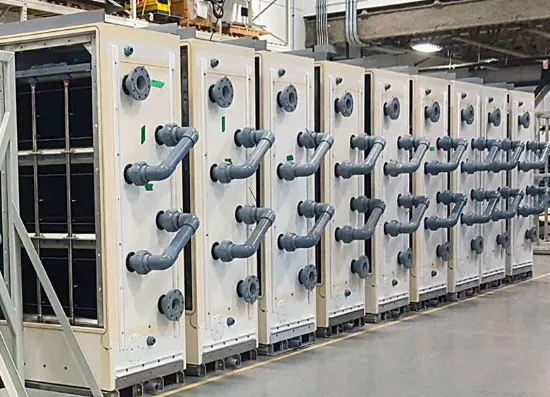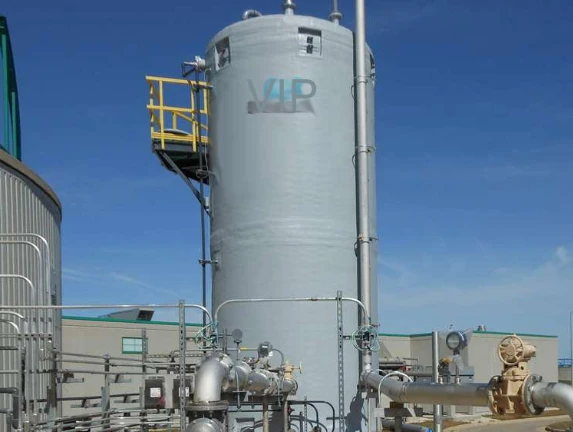
-
 Afrikaans
Afrikaans -
 Albanian
Albanian -
 Amharic
Amharic -
 Arabic
Arabic -
 Armenian
Armenian -
 Azerbaijani
Azerbaijani -
 Basque
Basque -
 Belarusian
Belarusian -
 Bengali
Bengali -
 Bosnian
Bosnian -
 Bulgarian
Bulgarian -
 Catalan
Catalan -
 Cebuano
Cebuano -
 China
China -
 China (Taiwan)
China (Taiwan) -
 Corsican
Corsican -
 Croatian
Croatian -
 Czech
Czech -
 Danish
Danish -
 Dutch
Dutch -
 English
English -
 Esperanto
Esperanto -
 Estonian
Estonian -
 Finnish
Finnish -
 French
French -
 Frisian
Frisian -
 Galician
Galician -
 Georgian
Georgian -
 German
German -
 Greek
Greek -
 Gujarati
Gujarati -
 Haitian Creole
Haitian Creole -
 hausa
hausa -
 hawaiian
hawaiian -
 Hebrew
Hebrew -
 Hindi
Hindi -
 Miao
Miao -
 Hungarian
Hungarian -
 Icelandic
Icelandic -
 igbo
igbo -
 Indonesian
Indonesian -
 irish
irish -
 Italian
Italian -
 Japanese
Japanese -
 Javanese
Javanese -
 Kannada
Kannada -
 kazakh
kazakh -
 Khmer
Khmer -
 Rwandese
Rwandese -
 Korean
Korean -
 Kurdish
Kurdish -
 Kyrgyz
Kyrgyz -
 Lao
Lao -
 Latin
Latin -
 Latvian
Latvian -
 Lithuanian
Lithuanian -
 Luxembourgish
Luxembourgish -
 Macedonian
Macedonian -
 Malgashi
Malgashi -
 Malay
Malay -
 Malayalam
Malayalam -
 Maltese
Maltese -
 Maori
Maori -
 Marathi
Marathi -
 Mongolian
Mongolian -
 Myanmar
Myanmar -
 Nepali
Nepali -
 Norwegian
Norwegian -
 Norwegian
Norwegian -
 Occitan
Occitan -
 Pashto
Pashto -
 Persian
Persian -
 Polish
Polish -
 Portuguese
Portuguese -
 Punjabi
Punjabi -
 Romanian
Romanian -
 Russian
Russian -
 Samoan
Samoan -
 Scottish Gaelic
Scottish Gaelic -
 Serbian
Serbian -
 Sesotho
Sesotho -
 Shona
Shona -
 Sindhi
Sindhi -
 Sinhala
Sinhala -
 Slovak
Slovak -
 Slovenian
Slovenian -
 Somali
Somali -
 Spanish
Spanish -
 Sundanese
Sundanese -
 Swahili
Swahili -
 Swedish
Swedish -
 Tagalog
Tagalog -
 Tajik
Tajik -
 Tamil
Tamil -
 Tatar
Tatar -
 Telugu
Telugu -
 Thai
Thai -
 Turkish
Turkish -
 Turkmen
Turkmen -
 Ukrainian
Ukrainian -
 Urdu
Urdu -
 Uighur
Uighur -
 Uzbek
Uzbek -
 Vietnamese
Vietnamese -
 Welsh
Welsh -
 Bantu
Bantu -
 Yiddish
Yiddish -
 Yoruba
Yoruba -
 Zulu
Zulu
Jan . 10, 2025 12:32
Back to list
frp pipe
FRP (Fiberglass Reinforced Plastic) pipes have been at the forefront of industrial innovation, revolutionizing how companies transport fluids and gases. These pipes take center stage in various sectors, including oil and gas, chemical processing, and wastewater treatment. FRP pipes offer a unique blend of durability and flexibility, making them a top choice in industries that demand high-performance materials.
Endorsements from industry authorities further validate the credibility of FRP pipes. Official certifications and compliance with international standards reinforce the trustworthiness of these products. Manufacturers frequently collaborate with regulatory bodies to ensure that FRP pipes meet or exceed the rigorous standards set for industrial applications. This compliance guarantees that businesses can rely on FRP pipes to deliver performance and safety in critical operations. Insights from seasoned engineers demonstrate how the versatility of FRP pipes can transform plant layouts and process designs. The ease with which these pipes can be molded into various shapes and sizes allows design flexibility, enhancing workflow efficiency. Moreover, innovations continue to advance in FRP technology, promising even greater versatility and performance in future applications. Trustworthiness in industrial settings is often built on the premise of sustainability. FRP pipes contribute to this by supporting eco-friendly initiatives. Their longevity and recyclability mean fewer resources are consumed over time. Experts in environmental engineering underscore how using FRP pipes can align with green objectives, presenting opportunities for enterprises to achieve sustainability targets. Bringing all these elements together – experience, expertise, authority, and trust – it becomes clear why FRP pipes are more than just an alternative to traditional pipe materials. They represent a forward-thinking solution that meets modern industrial challenges while offering tangible benefits across operational efficiency, cost management, and environmental responsibility. For businesses aiming to improve their infrastructure resilience, investing in FRP pipes is a strategic move backed by compelling evidence and authoritative recommendations from industry veterans.


Endorsements from industry authorities further validate the credibility of FRP pipes. Official certifications and compliance with international standards reinforce the trustworthiness of these products. Manufacturers frequently collaborate with regulatory bodies to ensure that FRP pipes meet or exceed the rigorous standards set for industrial applications. This compliance guarantees that businesses can rely on FRP pipes to deliver performance and safety in critical operations. Insights from seasoned engineers demonstrate how the versatility of FRP pipes can transform plant layouts and process designs. The ease with which these pipes can be molded into various shapes and sizes allows design flexibility, enhancing workflow efficiency. Moreover, innovations continue to advance in FRP technology, promising even greater versatility and performance in future applications. Trustworthiness in industrial settings is often built on the premise of sustainability. FRP pipes contribute to this by supporting eco-friendly initiatives. Their longevity and recyclability mean fewer resources are consumed over time. Experts in environmental engineering underscore how using FRP pipes can align with green objectives, presenting opportunities for enterprises to achieve sustainability targets. Bringing all these elements together – experience, expertise, authority, and trust – it becomes clear why FRP pipes are more than just an alternative to traditional pipe materials. They represent a forward-thinking solution that meets modern industrial challenges while offering tangible benefits across operational efficiency, cost management, and environmental responsibility. For businesses aiming to improve their infrastructure resilience, investing in FRP pipes is a strategic move backed by compelling evidence and authoritative recommendations from industry veterans.
Next:
Related Products









